Do the Swiss have a weakness for surveillance?

On Sunday, almost two-thirds of Swiss voters approved the use of private investigators by public and private insurance companies to catch fraudsters. A lawyer and a sociologist discuss whether the Swiss have a natural tendency towards keeping tabs on each other.
The legislation, drafted following a 2016 rebuke of Switzerland by the European Court of Human Rights, will give detectives hired by social insurance bodies the right to follow – and record – welfare recipients whom they suspect of cheating the system. They will be able to do this anywhere in public and without authorisation.
+ What was at stake in the social detectives vote, in detail
Emotions have been heated, with lawyer Philip Stolkin warning of a Big Brother-like police state and announcing he wanted to fight the new law in the European Court of Human Rights in Strasbourg.
But why did such a clear majority of voters back something that limits protection of the private sphere and potentially affects almost every Swiss resident? Do the Swiss have a natural tendency towards surveillance?
‘Times of uncertainty’
“We live in an era marked by a certain insecurity and fear of the future,” says lawyer Erwin Carigiet, an expert in social law, and until last year, director of the Triemli hospital in Zurich.
“At the same time, economic concepts such as efficiency and utility have come out of the narrow sphere of economics and are increasingly applied to social issues. I’m not surprised there’s a general suspicion with a moralist aftertaste. It’s typical of times of uncertainty.”
That said, Carigiet believes the discussion on potential abuse is “very selective”.
“Obviously abuse is not good, even if it’s not as widespread as we tend to think,” he says. “But I’ve never heard a similar discussion about tax evasion. We could also suspect taxpayers in general of fraud, but we don’t.”
‘Irritating tradition’
Sociologist Ueli Mäder agrees that the debate on social issues is strongly marked by an economic approach, “where first and foremost there’s a very limited concept of utility”. He says that in a polarised debate, such as the one that accompanied the vote, it’s difficult for fundamental rights to prevail.
“Fundamental rights are something finer, more sensitive, differentiated,” he says. “The idea of abuse, on the other hand, is striking and lends itself to a debate of black and white.”
Mäder also interprets the result of the vote in the context of a “sad and disturbing tradition” revealed by the 1989 “secret files” scandal, when it was revealed that 900,000 individuals and organisations had been placed under surveillance by the federal police during the Cold War for suspected “un-Swiss” behaviour. “But in Switzerland there’s clearly little awareness of this irritating tradition.”
Both Mäder and Carigiet think the tendency for surveillance and the focus on abuse is not a Swiss prerogative. “The fear that you will lose something and other people will get too much is widespread,” Mäder concludes.

More
Swiss voters give strong backing to ‘social welfare detectives’
(Translated from Italian by Thomas Stephens)

In compliance with the JTI standards
More: SWI swissinfo.ch certified by the Journalism Trust Initiative
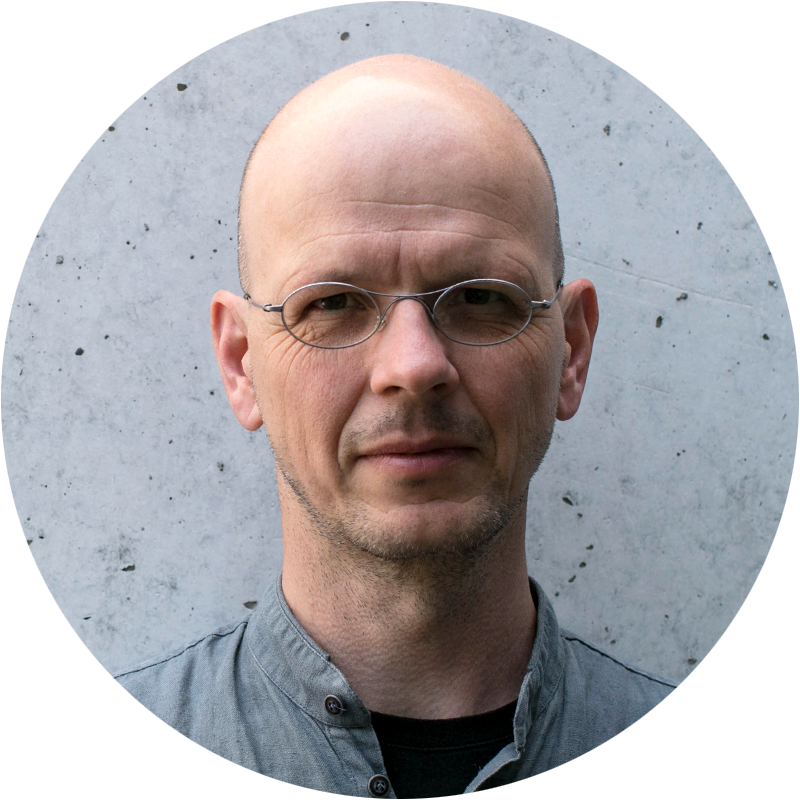







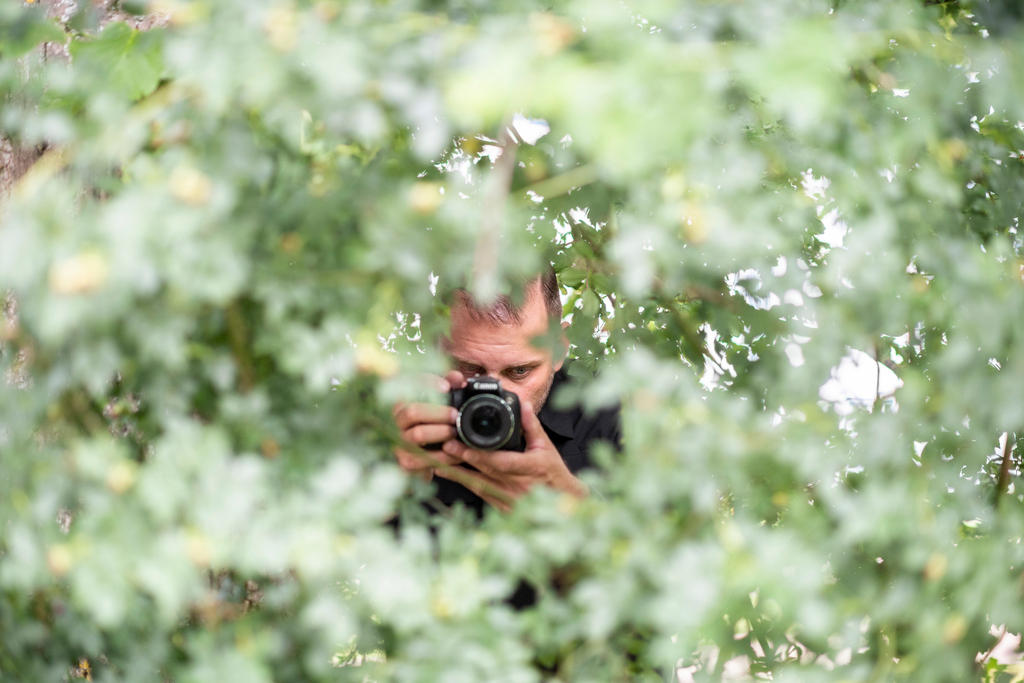
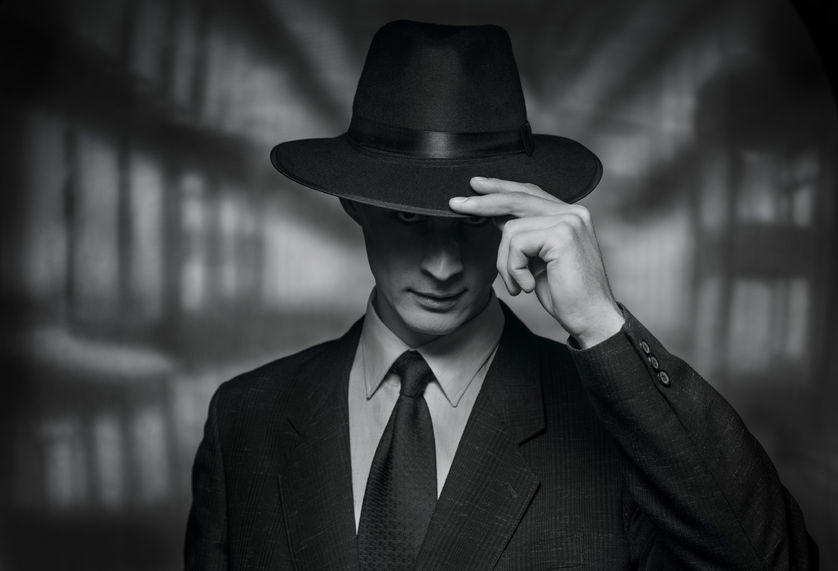
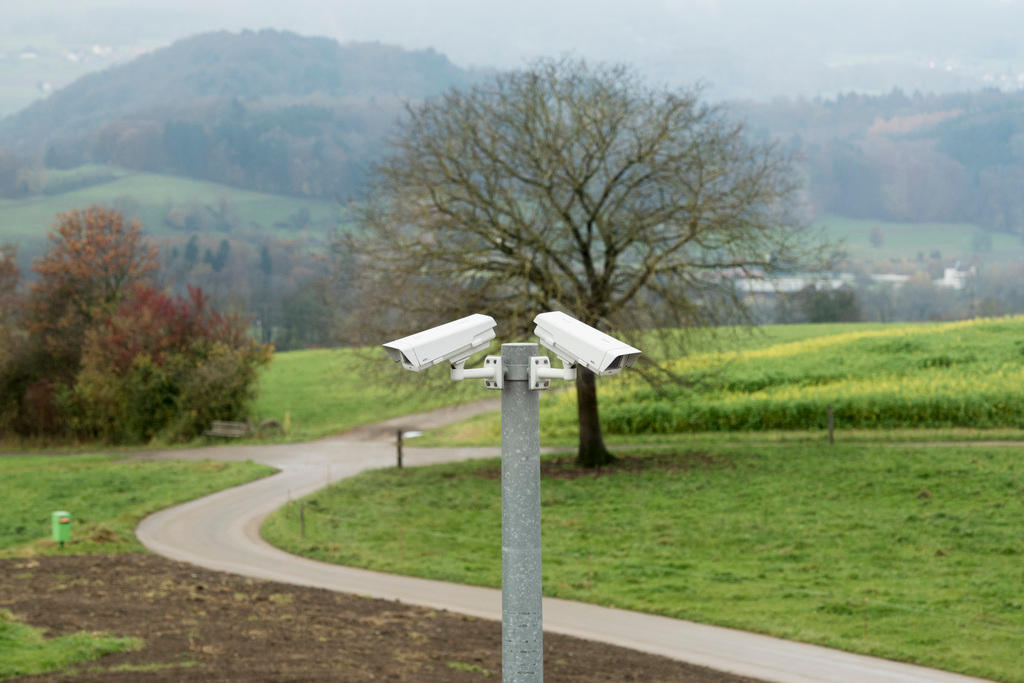
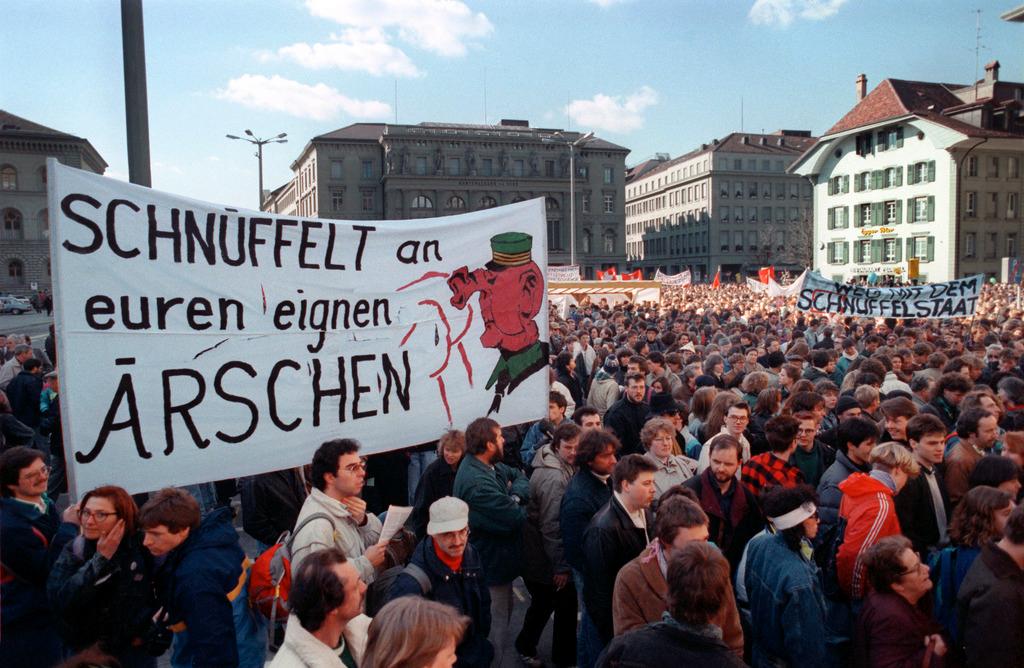
You can find an overview of ongoing debates with our journalists here . Please join us!
If you want to start a conversation about a topic raised in this article or want to report factual errors, email us at english@swissinfo.ch.